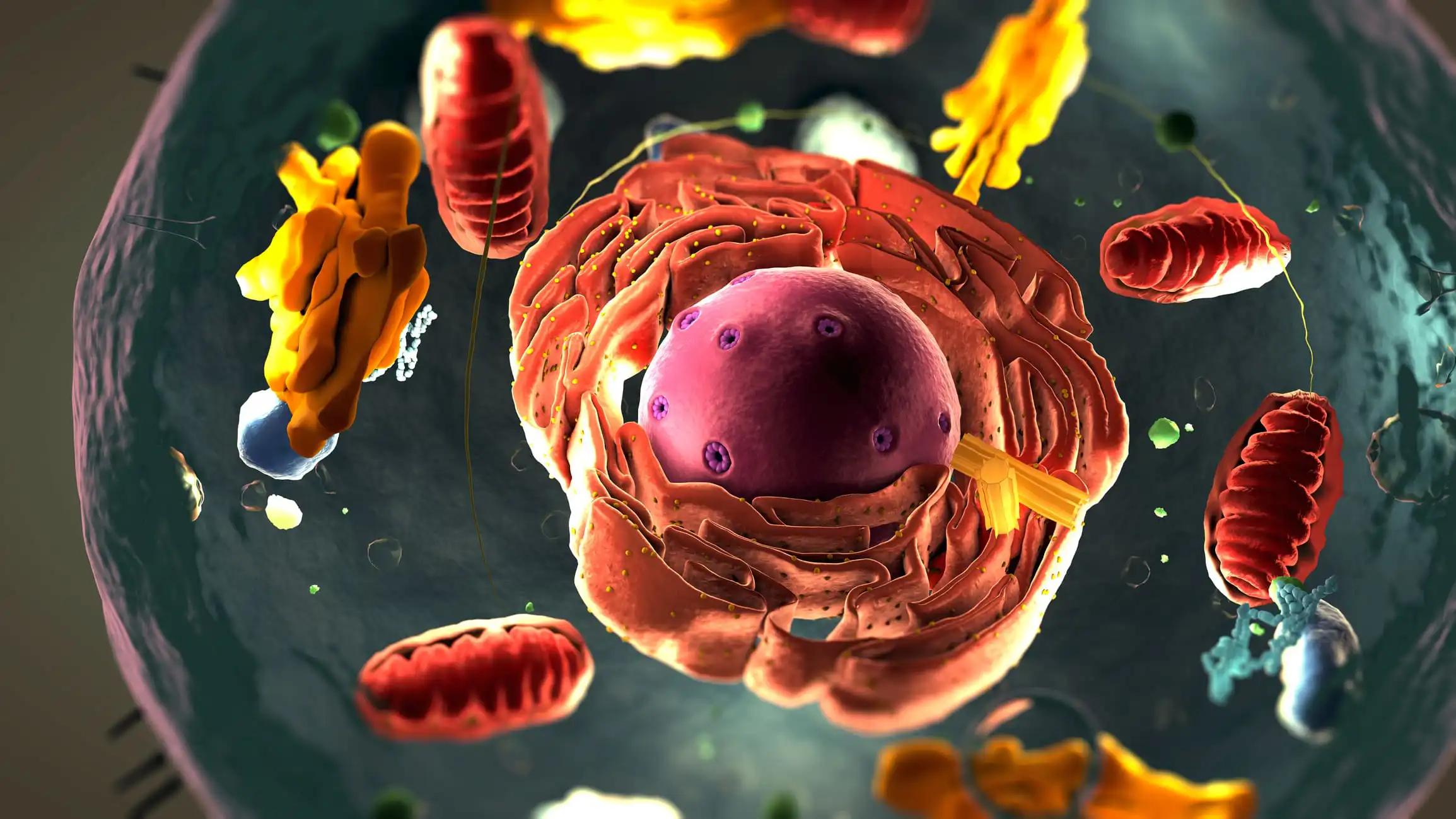KEY TAKEAWAYS
- The study aimed to investigate the role of USP22 in TNBC progression, focusing on its association with CSCs.
- Researchers noticed a promising therapeutic target of USP22, sustaining cellular respiration to enhance drug-tolerant behavior in HER2+-BC and TNBC cells.
Breast cancer (BC) stands as the predominant malignancy in women globally, often responsive to therapy at early – and non-metastatic disease stages. However, triple-negative BC (TNBC) presents a formidable challenge, lacking effective molecular targets and marked by the enrichment of cancer stem cells (CSCs), leading to chemoresistance and metastasis. The deubiquitinase Ubiquitin-specific peptidase 22 (USP22) has emerged as a key player associated with CSC promotion, resistance to therapies, tumor relapse, metastasis, and poor overall survival across various cancer types, including BC. Evangelos Prokakis and the team aimed to assess the role of USP22 in TNBC, but it was inadequately explored.
They performed an inclusive analysis utilizing the MMTV-cre, Usp22fl/fl transgenic mouse model to examine the impact of USP22 on the stem cell-like properties within developing mammary tissue. High-throughput transcriptomic analyses were integrated with publicly available patient transcriptomic data, complemented by the utilization of TNBC culture models. This approach aimed to unravel the functional role of USP22 in contributing to the CSC characteristics inherent in TNBC.
They identified that USP22 played a crucial role in promoting CSC properties and drug tolerance within TNBC. The investigation revealed a notable association between USP22 activity and the support of the oxidative phosphorylation program, a phenomenon recognized for its substantial contribution to the suboptimal response to conventional therapies observed in this particularly aggressive BC subtype.
The study concluded that USP22 has a novel tumor-supportive role by sustaining cellular respiration and facilitating drug-tolerant behavior in HER2+-BC and TNBC cells. This positions USP22 as a promising therapeutic target to enhance standard therapies and counteract the aggressiveness of these malignancies.
The study is sponsored by Deutsche Forschungsgemeinschaft and Deutsche Krebshilfe
Source: https://pubmed.ncbi.nlm.nih.gov/38347585/
Prokakis E, Bamahmoud H, Jansari S, Fritsche L, et al (2024). “USP22 supports the aggressive behavior of basal-like breast cancer by stimulating cellular respiration.” Cell Commun Signal. 2024 Feb 12;22(1):120. doi: 10.1186/s12964-023-01441-5. PMID: 38347585; PMCID: PMC10863169.



